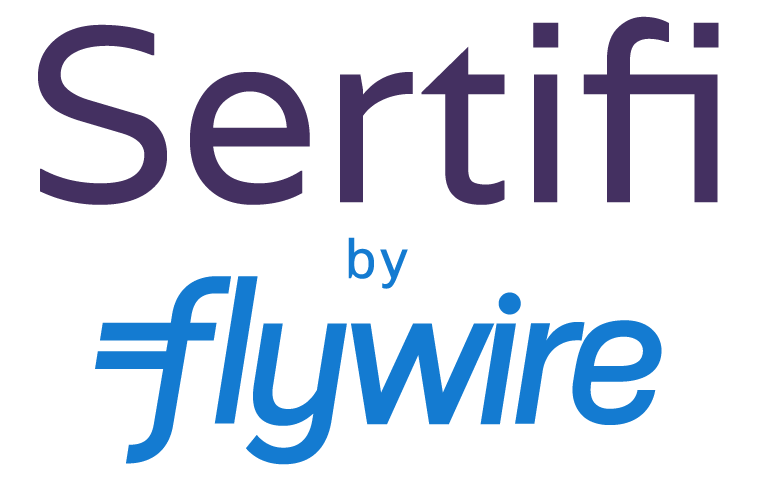Hotel Payment Processing Series: The Pros and Cons of Surcharging
First thing’s first: what is surcharging?
A surcharge is a fee that a merchant adds onto the cost of a product or service to cover their cost of processing a credit card payment. A surcharge is typically around 3% of the transaction total and is paid to the merchant’s payment processor for completing the transaction.
Which merchants are allowed to surcharge?
As a result of a settlement between a class of retailers and the Visa and Mastercard brands on January 27, 2013, merchants in the U.S. and U.S. territories can impose a surcharge on cardholders when a credit card is used. However, surcharges are still prohibited in a couple of straggler states, though the number is dwindling rapidly.
Surcharging is also permitted internationally, but merchants should consult their local rules and regulations. Merchants must also follow surcharging rules set by the card brands (see details on Visa and Mastercard).
Here are some basics:
- Surcharges can only be applied to credit card transactions (debit cards are precluded).
- A surcharge can’t be more than 4% of the transaction total or your actual cost to process cards (whichever is lower).
- At least 30 days prior to imposing surcharges, you must give notice to Mastercard. Visa ended the notification requirement in April 2023.
- You must make it clear to customers that they’ll be surcharged and clearly label surcharges as a separate line item on receipts.
- You must offer a fee-free way to pay as well, typically cash for in-person payments and ACH/eCheck for card-not-present use cases.
What are the pros and cons of surcharging?
Since you’ll need to disclose the fact that you’re surcharging, consider how surcharging may affect your guest’s experience and be prepared to communicate why they’re being surcharged. Surcharging also essentially raises your prices, so you don’t want to put yourself at a competitive disadvantage.
That said, sometimes passing the processing fee to your guest makes sense for your business – and many guests will happily pay a surcharge for the convenience of a fast, secure online payment method anyway. Particularly for events, surcharging can be worthwhile since a lot of hard costs are associated, such as the cost of third-party AV or paying staff to work an event on a typical off day.
What are my alternatives to credit card transactions?
Accepting ACH payments is the best option for card-not-present use cases. Automated Clearing House (ACH) is a network that allows you to transfer electronic funds between two bank accounts, offering the same convenience as credit card payments but typically at a lower fee. ACH payments are also a popular option for hotels looking to be more global-friendly.
Check out this blog post to learn more about ACH payments, which Sertifi customers can take advantage of, and contact us to get started.
Get paid faster and reduce payment fraud with Sertifi.
Simplify selling by electronically capturing payments and agreement e-signatures from one secure platform. Behind the scenes, SertifiPay processes payments in a fast, PCI-compliant manner at a lower cost to you. Our customers have saved up to $175k a year in processing fees.

